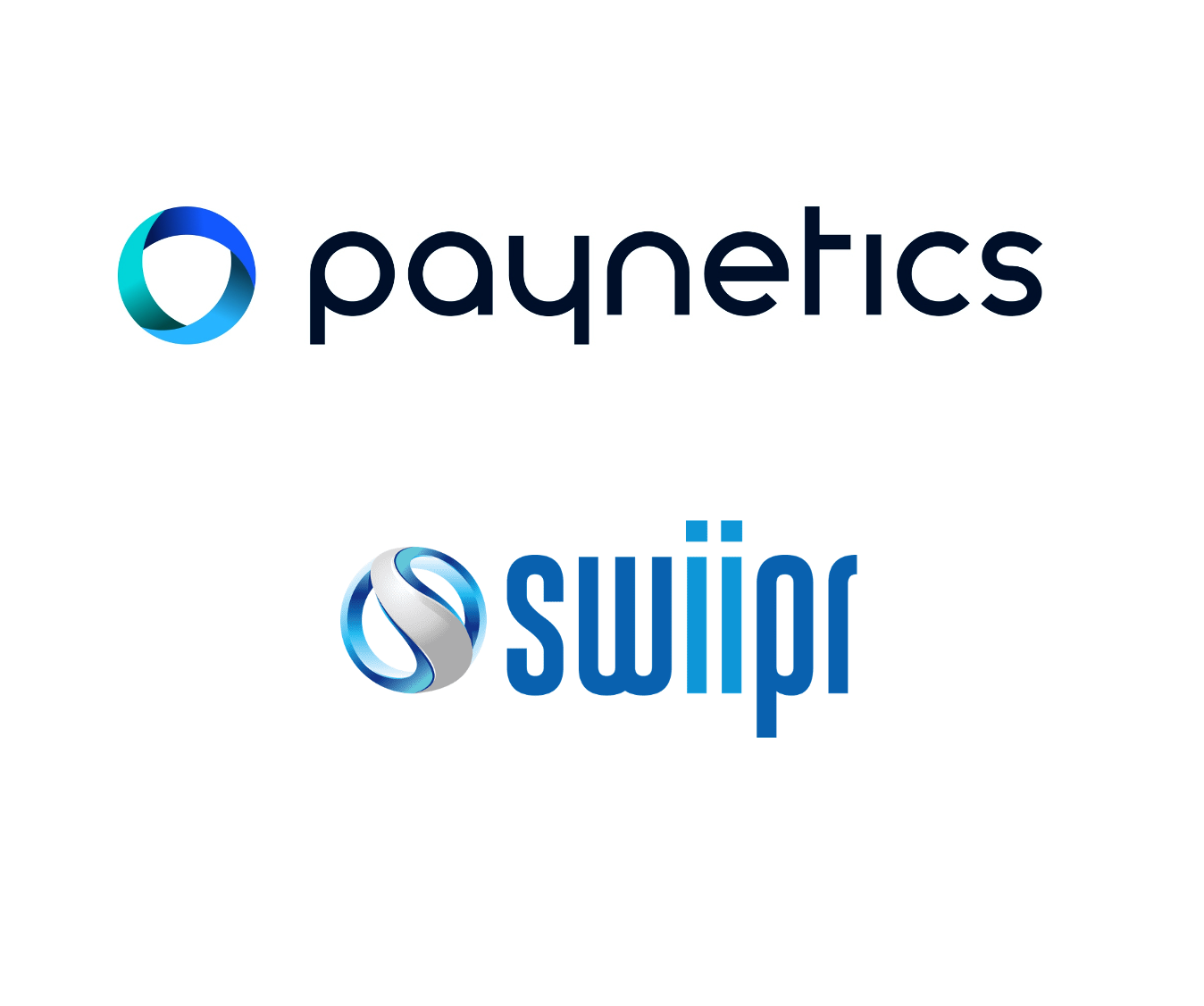Why disruption payments matter more than ever
Air travel has rebounded strongly since the pandemic, but irregular operations remain common. In 2024, compensation‑management firm Skycop analysed flights across the EU, EEA and UK and found that nearly 218,000 departures were cancelled or delayed by more than three hours.
While that represents only 1.5% of all flights, the financial impact was huge: €6.5 billion in potential passenger compensation. The challenge is worsening — flight‑delay data shared with Euronews shows delays increased by 54% in 2025, even as cancellations declined. Severe weather, strikes, and congestion mean disruptions are unlikely to disappear.
For airlines, traditional solutions — paper vouchers, cash handouts, manual bank transfers — are no longer sustainable. They frustrate passengers, inflate operational costs, and expose carriers to fraud. Payment fraud alone drains about 1.2% of airline online revenue, with IATA estimating at least US $1 billion in annual losses. Addressing disruption now requires not just speed, but security.
Embedded finance: The 21st‑century backbone
Swiipr was founded in 2019 to modernise legacy airline pay-outs processes, offer programme management for carriers, and deliver a superior, speedy user experience to the hundreds of millions of passengers receiving compensation each year. Its approach is simple: give passengers immediate access to funds through virtual or physical cards, usable wherever Mastercard is accepted. Two card types cover both regulatory compensation payouts and welfare needs such as food, accommodation, goodwill payments, or transport during delays.
What powers this solution, so easy to use, is far more complex financial infrastructure under the surface. Swiipr does not build payment rails or compliance systems from scratch — it leverages the best of breed of global networks and their embedded finance: regulated, tech-first infrastructure that operates behind the scenes. This model lets innovators focus on supreme customer experience while licensed payment partners manage the complexity of payments, compliance, and scalability.
That backbone is provided by Paynetics, a regulated e‑money institution and principal member of Mastercard and Visa. Acting as issuer, Paynetics also provides settlement, and compliance infrastructure that lets Swiipr scale seamlessly across multiple jurisdictions. The partnership enables airlines to issue compensation instantly, monitor and control spending, and stay compliant with PSD2 and regional regulations — all without adding operational overhead. Real‑time value transfers and dynamic controls allow for immediate card loading and custom spend limits.
Building fraud prevention into the core
Fraud is one of the biggest risks in disruption payments: instant compensation can attract misuse or organised schemes that target compensation cards. The Swiipr–Paynetics model addresses this head‑on by embedding controls at the infrastructure level:
- Merchant‑category and geolocation filters block high‑risk transactions or off‑route spending.
- Real‑time monitoring and limits detect anomalies and cap exposure immediately.
- Tokenised payments through Apple Pay and Google Pay secure credentials end‑to‑end.
- Regulatory oversight via Paynetics’ e‑money licenses adds another layer of protection.
These measures not only reduce fraud but give airline finance teams granular visibility into spend patterns, helping them identify abuse and allocate resources more effectively.
Scaling adoption and passenger impact
Since launching with its first airlines several years ago, Swiipr has expanded to servicing passengers across over 130carriers in 76 countries. Its platform is now used by major international airlines such as British Airways and Iberia, as well as ground handlers like Swissport and Dnata.
By 2025, more than 1.2 million cards have been issued. This milestone highlights the reliability of embedded finance infrastructure behind the scenes — enabling fast, secure, and compliant payouts across global markets.
For travelers, disruption no longer means queuing for vouchers or waiting weeks for bank transfers. Compensation arrives instantly on their phone or via a physical card, ready for immediate use at any merchant. Airlines report reduced stress at service desks and higher satisfaction scores during otherwise negative experiences.
A blueprint for the aviation industry
The growth story of Swiipr — with Paynetics supplying the embedded finance infrastructure —shows how fintech partnerships can tackle longstanding pain points in travel. As flight disruptions remain frequent, airlines must find scalable and secure ways to compensate passengers. A digital‑first approach reduces operational costs, mitigates fraud, and improves customer satisfaction.
Swiipr’s trajectory demonstrates the power of aligning a focused product with a regulated financial partner. For Paynetics, the partnership underscores the role that licensed e‑money institutions can play in delivering embedded finance at scale. Together, we offer a model for how airlines can modernise disruption payments and turn moments of crisis into opportunities to build loyalty.
